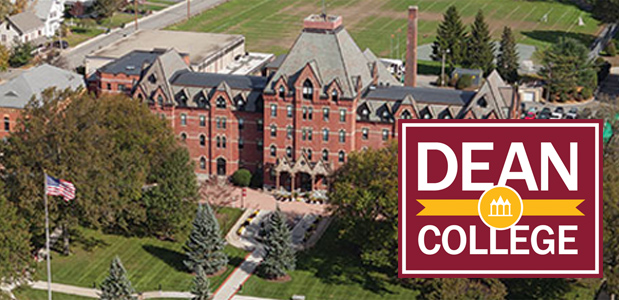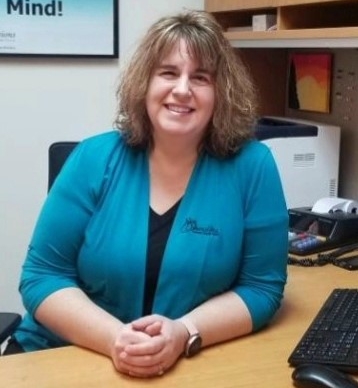New Dimensions FCU donates over $11K during the COVID-19 pandemic

Local food banks, food pantries stock their shelves
When faced with unprecedented times, we all want to know that there is help available in times of need. Unfortunately, the resources we have are limited and it is the responsibility of the community to ensure underserved people are able to utilize them when needed. Food banks and food pantries are there to assist every person possible, but they need our help to be successful. Everyone has experienced a time when they were unsure how to find necessary resources to meet their most basic needs, so we need to work together to take care of those who need our help the most.
Because New Dimensions FCU cares about its community and wanted to do something to help, they have donated over $11,000 to seven local food banks and food pantries. Ryan Poulin, CEO, states, “We all must play a role in keeping our community healthy and safe, so we quickly rallied to donate the funds to the quickly dwindling food banks and food pantries that needed it most. Everyone needs to eat, and we are doing our best to help as many people as possible, get through this pandemic.”
If you have any questions or need financial assistance, contact New Dimensions FCU at (800) 326-6190. Stay Healthy!



 The Waterville Area Art Society (WAAS) is now accepting applications for its annual $500 scholarship award to be given to a graduating high school senior who pursues a degree in visual arts, performing arts or music. It is open to students from the following schools: Waterville, Winslow, Lawrence, Messalonskee, Erskine Academy, Maine Arts Academy, Mid-Maine Technical Center and Temple Academy.
The Waterville Area Art Society (WAAS) is now accepting applications for its annual $500 scholarship award to be given to a graduating high school senior who pursues a degree in visual arts, performing arts or music. It is open to students from the following schools: Waterville, Winslow, Lawrence, Messalonskee, Erskine Academy, Maine Arts Academy, Mid-Maine Technical Center and Temple Academy.
 Michael Oliveira, of Waterville, has been named to the Fall 2019 dean’s list at Roger Williams University, in Bristol, Rhode Island. Full-time students who complete 12 or more credits per semester and earn a grade point average of 3.4 or higher are placed on the dean’s list that semester.
Michael Oliveira, of Waterville, has been named to the Fall 2019 dean’s list at Roger Williams University, in Bristol, Rhode Island. Full-time students who complete 12 or more credits per semester and earn a grade point average of 3.4 or higher are placed on the dean’s list that semester. Dean College, in Franklin, Massachusetts, has announced the local students that have earned a place on the dean’s list for the Fall 2019 semester. These students have demonstrated a serious commitment to their studies while at Dean College.
Dean College, in Franklin, Massachusetts, has announced the local students that have earned a place on the dean’s list for the Fall 2019 semester. These students have demonstrated a serious commitment to their studies while at Dean College. CHELSEA
CHELSEA

 Mid-Maine Chamber of Commerce and KV Connect will host “Meet the Reps,” an event that brings members of the business community and public together with elected officials at all levels of government, Wednesday, February 5, 2020 from 5:30-7 p.m., at Chace Community Forum, located at 150 Main Street, in Waterville (Bill & Joan Alfond Main Street Commons).
Mid-Maine Chamber of Commerce and KV Connect will host “Meet the Reps,” an event that brings members of the business community and public together with elected officials at all levels of government, Wednesday, February 5, 2020 from 5:30-7 p.m., at Chace Community Forum, located at 150 Main Street, in Waterville (Bill & Joan Alfond Main Street Commons).